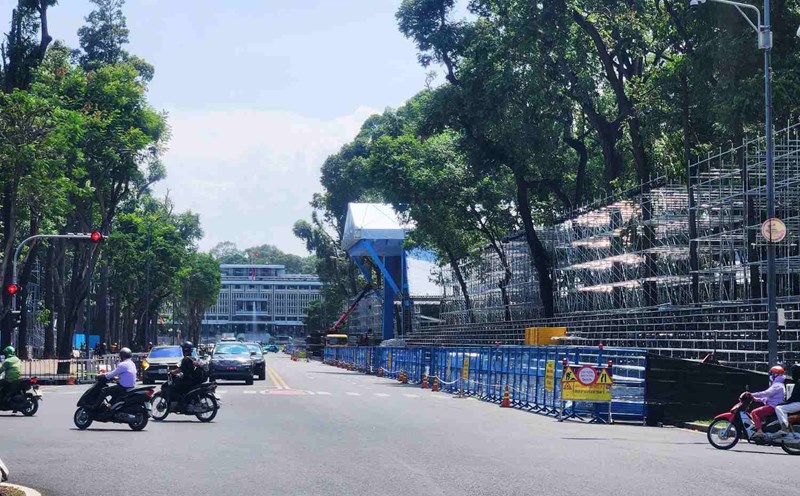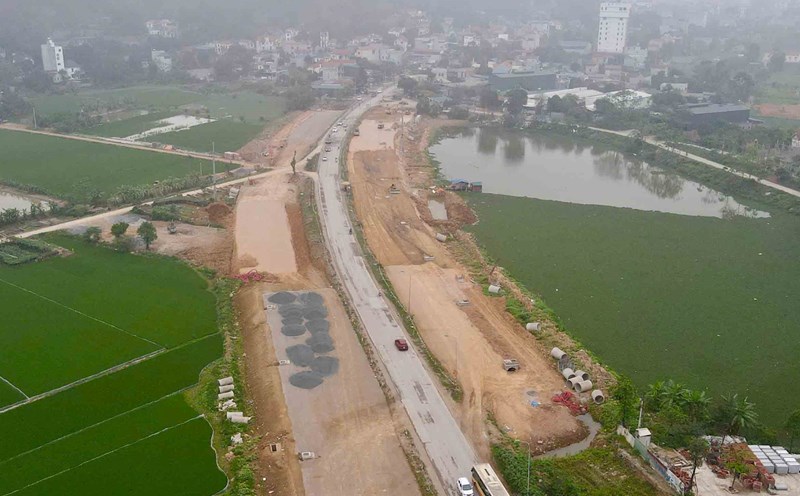Applying modern technology is an inevitable requirement
On April 10 and 11, 2025, the Tax Department organized a thematic training conference on artificial intelligence.
Speaking at the Conference, Deputy Director of the Tax Department Mai Son emphasized that the application of new technologies such as AI and machine learning is an inevitable requirement to modernize tax management. The conference took place at the headquarters of the Tax Department and connected online with 20 Regional Tax Departments, opening a synchronous training process in the entire industry.
According to Mr. Mai Son, in the context of strong development of the digital economy and e-commerce, the tax sector is facing many challenges such as increasingly sophisticated fraud and tax evasion, large and unstructured data volumes, and increasingly high requirements for taxpayer service. The application of AI will help automate processes, support risk analysis, process data faster, more accurately and improve service efficiency.
Resolution No. 57-NQ/TW dated December 22, 2024 of the Politburo identifies science, technology and innovation as the core driving force to promote socio-economic development. In particular, AI is not only a supporting tool but also plays a key role in modern management. The tax industry is one of the fields required to pioneer innovation and comprehensively apply technology to improve the capacity to perform tasks.
Step by step implemented into practice
International reality shows that many countries have successfully applied AI in tax management. In the UK, tax authorities use AI to analyze data from banks, real estate, and social networks to detect tax evasion. The US and Singapore deploy chatbots and machine learning tools to automatically answer tax questions, while analyzing compliance behavior and building personalized guidelines.
Mr. Mai Son said that Vietnam is gradually learning from international experience, combining research and implementation in accordance with domestic reality. The tax industry has set a goal of applying AI in stages such as risk analysis, file management, taxpayer support, automatic monitoring and warning. This will help optimize resources, reduce administrative procedures, and increase the ability to forecast and make accurate and timely decisions.
The training conference was attended by experts from the Technology, Digital Transformation and Automation Department and representatives of Microsoft Corporation - a strategic partner in the technology field. The program focuses on three main contents: overview and AI application skills; practice AI tools in work processing; introduce the AI ecosystem of Microsoft - a platform that is widely deployed in many administrative agencies around the world.
Through the conference, tax officials not only have access to popular AI tools but also have the opportunity to practice in real situations, share initiatives, propose application solutions suitable to the characteristics of each unit. This is the first step in a long-term strategy, gradually forming a smart, modern, transparent and effective tax management system in the digital age.











